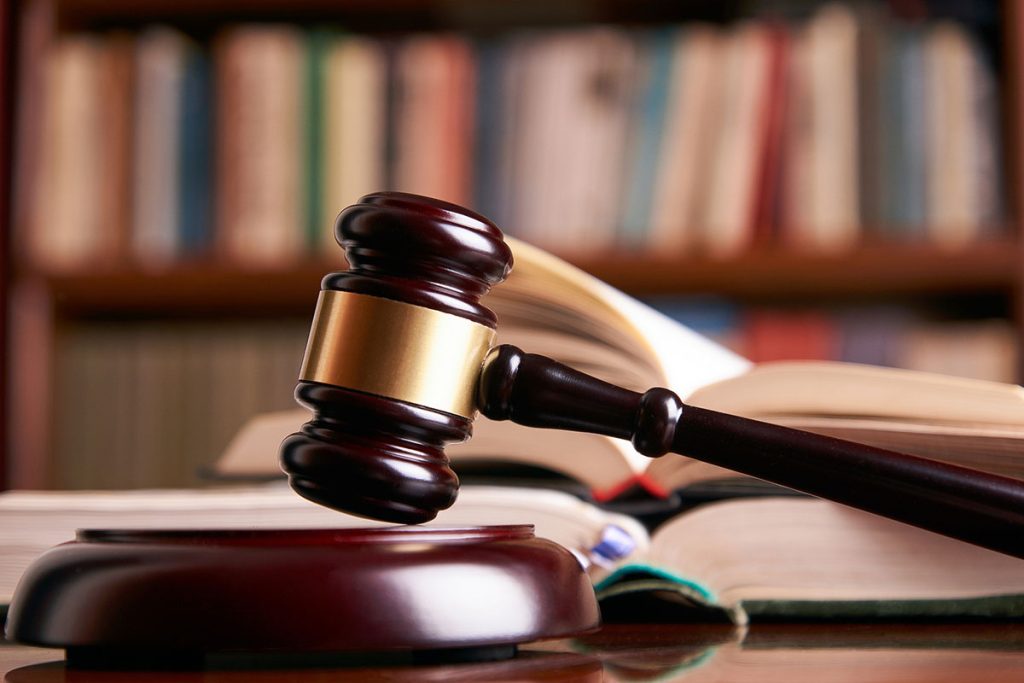Intellectual property is a legal term that encompasses several different types of work that an author creates. Examples include books, logos, phrases, software, symbols, designs, and more.
Many forms of intellectual property are protected under copyright, trademark, patent, or trade secrets law. Within these laws are sometimes what is referred to as “moral rights.”
From a historical perspective, moral rights come from France and are referred to as droit morale. French courts hold moral rights in high regard, and regulations are taken much more seriously than in the US.
What are “Moral Rights” with Regard to Intellectual Property?
The US Copyright Office has concluded thorough research on “moral rights” concerning intellectual property. The main objective is to protect the noneconomic rights of the original authors. These rights can be categorized in two ways; the right of integrity and the right of attribution.

We will discuss both of these categories in the article below.
What is the Right of Integrity?
The right of integrity refers to the rights of the creator of a piece for their work to remain protected. If an author of a piece of work reasonably feels that actions taken will affect the integrity of the original piece, they may have a case of moral rights infringement.
The right of integrity allows the original author protection to prevent manipulation or distortion of their work for others’ personal gain. Authors can object to acts that subject their work to derogatory action or modifications that will affect their reputation and the integrity of the work.
What is the Right of Attribution?
The right of attribution states that regardless of who may use intellectual property for personal gain, the original author has the right to be named as the original author or creator.
For example, should a party choose to use a piece of intellectual property for personal gain and not state the original author or creator, the author can make a case for infringement of moral rights.
Does the US Copyright Law Protect All Intellectual Property?
With regard to moral rights, visual and intellectual property is protected, but not all other forms. What does this mean? Graphic designers, sculptors, and painters may have protection via moral rights under the US Copyright Laws, but not necessarily other works such as books, music, and more.

This lack of protection may be because carefully drafted legal documents that grant a copyright release generally include a waiver of all moral rights of the intellectual property. Contrary to Europe, where authors can’t give up their rights to their work, in the US, rights can and are often waived through contracts.
How are My Rights Protected From a Federal Aspect?
In 1990, Congress enacted the Visual Artists Rights Act (VARA). Prior to this, there wasn’t specific federal protection for visual artists. With VARA, limited moral rights are enforced for visual artists throughout the US, and protections only existed primarily in Europe.
VARA provides a right for the artist to sue if their work has been destroyed. Works that are protected are drawings, prints, paintings, and sculptures. Not-covered or protected forms of work include posters, globes, maps, motion pictures, electronic publications, and applied art.
Does California Have Specific Laws Regarding Moral Rights?
Moral rights are often indirectly protected on a state level, as well, by state torts. The California Art Preservation Act, or CAPA, further protects artists’ moral rights in California. Contrary to the creation at a federal level in 1990, California actually put CAPA into effect in 1979, and it was one of the first significant laws that specifically addressed the need for protection for artists in the US.

In most cases, rights granted under CAPA are enforced for a lifetime plus 50 years after the original author’s death. Some examples of protected work are fine art, such as original paintings, sculptures, or drawings. In some cases, murals are protected by CAPA as well.
Each situation is reviewed on a case-by-case basis to determine the levels of protection available at a state level through CAPA or a federal level through VARA.
What Can I Do if I Feel My Moral Rights Were Violated?
First things first, consult an experienced attorney who has vast knowledge in this arena. It can take research and several years of experience to perfect cases regarding moral rights infringement, as the regulations and laws surrounding it are relatively new to the US.
In some cases, the right to protect ourselves and our creative works can bring out instinctual needs. Refrain from asserting your rights via social media or other platforms to shame those who have infringed upon your rights. These actions may end up in you violating the rights of others and creating more harm than good.
Rely on an experienced group of attorneys local to southern California and have decades of experience in all things entertainment. It takes a unique skill set to navigate the laws surrounding intellectual property and infringement dangers.
Don’t leave your immense pride in your personal creations in the hands of those that don’t have thorough knowledge in this area. You have a right to protect your intellectual property at all costs. Sufficient evidence can be gathered to ensure you maintain the integrity of your efforts.
Contact our office today at (323) 230-6200 to discuss the specifics of your case. We look forward to helping you protect what you are most proud of.




